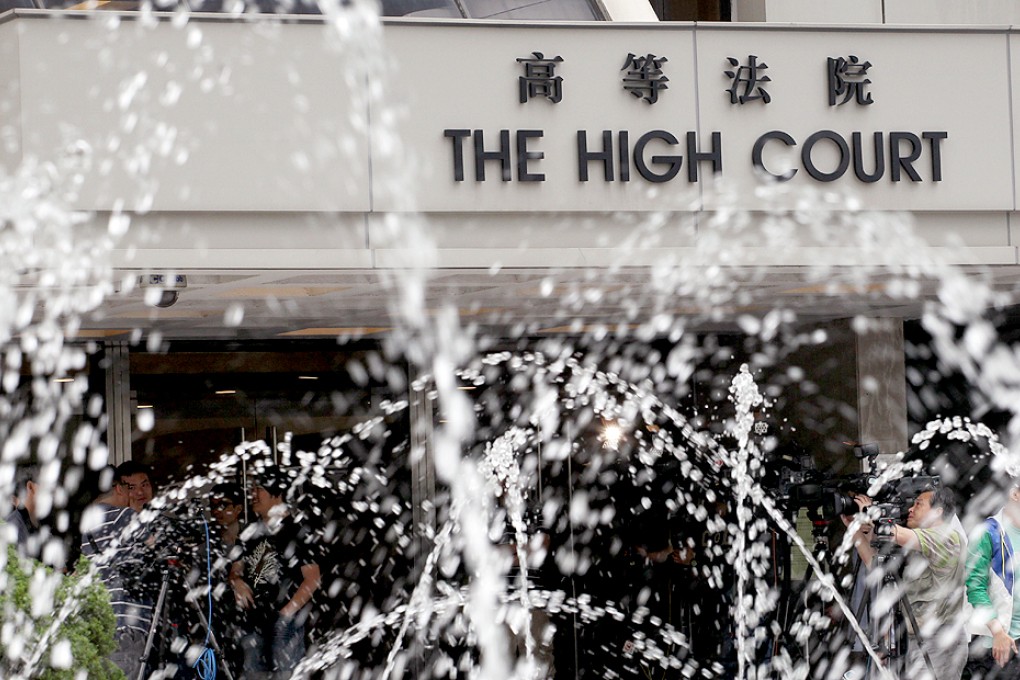Exemption from jury service should be the exception rather than the rule
Democracy is said to be the worst form of government except for all the others tried from time to time. Defenders of the jury system of justice probably would not mind adapting this dictum right now, amid criticism following the discharge of the jury for Hong Kong's biggest corruption trial before it had even begun.

Democracy is said to be the worst form of government except for all the others tried from time to time. Defenders of the jury system of justice probably would not mind adapting this dictum right now, amid criticism following the discharge of the jury for Hong Kong's biggest corruption trial before it had even begun. The judge acted after one member applied to withdraw because of a health condition he did not disclose when he was empanelled.
It is understandable that this would prompt some people to ask whether we really need juries. The best answer may be another question: would you be comfortable with just having a judge alone decide whether a former chief secretary, two eminent Hong Kong property developers, one of their executives and a former stock exchange official are guilty as charged with grave offences involving public trust and confidence? Many would find that difficult to answer, especially if they put themselves in the shoes of the accused.
If we want to keep a system that has served the ends of justice in Hong Kong since the 19th century, then we have to live with its imperfections. It would be better to look for improvements.
The delay to the trial has dramatised flaws in the system discussed recently in an editorial in this newspaper. The fundamental one is that the pool of 700,000-odd jurors - just one fifth of the number of Hongkongers enrolled to vote - is too small, especially when it comes to empanelling a jury for a long trial. For many people, serving on a jury for four months would be purgatory, or economically ruinous.
Because of language/education requirements, eligible jurors tend to have jobs with similar standards. Complex matters are therefore less likely to be heard by uneducated jurors. But it also means prospective jurors are more likely to be exempt from service by occupation or to have an excuse not to serve. This is good reason to review a wide range of occupational exemptions. In the present case, the defence has exercised the right of peremptory challenge 19 times, without having to give a reason for rejecting a juror. England has done away with it. This right does not seem to have given rise to any problems here, but exercise of it further depletes the pool of jurors. Fortunately, long trials are relatively rare. But the present case serves notice that if we value the principle of trial by our peers, we need to take a serious look at exemptions and excuses from jury service.